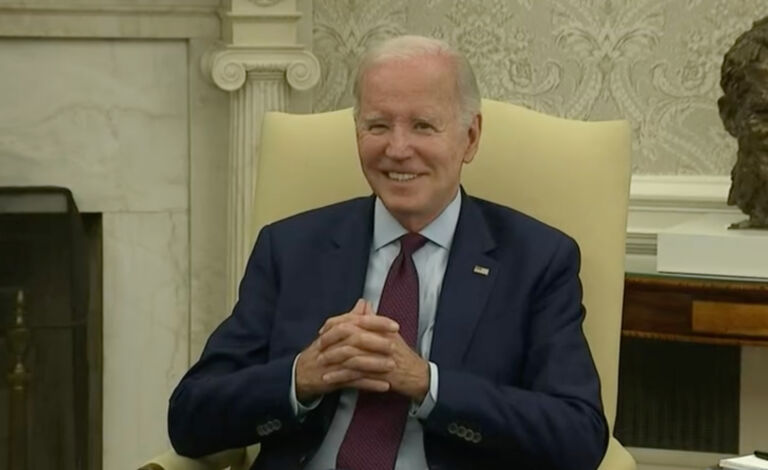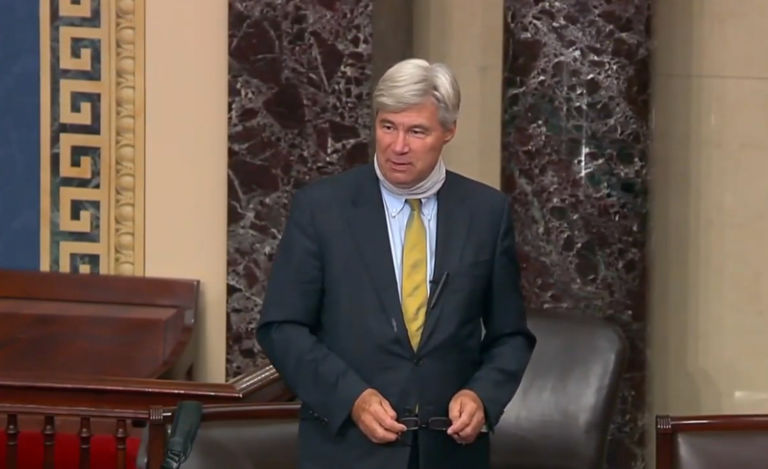Last week I wrote about a sailor who, after pleading guilty to the unauthorized retention of defense information, invoked the “Hillary defence” as part of his request for a non-custoidal sentence. According to a US News report, that defense appears to have failed:
A former Navy machinist mate who admitted taking photos inside a nuclear submarine was sentenced to a year in prison Friday, with a federal judge rebuffing a request for probation in light of authorities deciding not to prosecute Hillary Clinton for mishandling classified information on a private email server as secretary of state.
Kristian Saucier’s attorneys argued in a court filing last week that Clinton had been “engaging in acts similar to Mr. Saucier” with information of much higher classification. It would be “unjust and unfair for Mr. Saucier to receive any sentence other than probation for a crime those more powerful than him will likely avoid,” attorney Derrick Hogan wrote.
U.S. District Judge Stefan Underhill sentenced Saucier to one year in prison and a $100 fine, along with six months home confinement, 100 hours of community service and a ban on owning guns, his legal team says. Prosecutors had asked for six years behind bars.
“We’re very pleased,” says Greg Rinckey, another defense attorney for Saucier.
Although relieved, Rinckey does say that “it could be argued here that depending on what your name is, that’s the type of justice you get in the United States.”
Rinckey says he’s not sure if the judge was swayed by significant media attention comparing Saucier’s case with the Clinton email controversy.
“He cryptically made some comments about selective prosecution and how that didn’t play any factor. Do I think it may have? Sure. But I think there was enough mitigation that the judge was able to depart from the sentencing guidelines [on that basis alone],” he says.
Saucier pleaded guilty earlier this year to one count of unlawfully retaining national defense information after taking six photos inside the USS Alexandria with his cellphone in 2009. Saucier said he intended to show them to his future children, but prosecutors said they doubted that was true.


